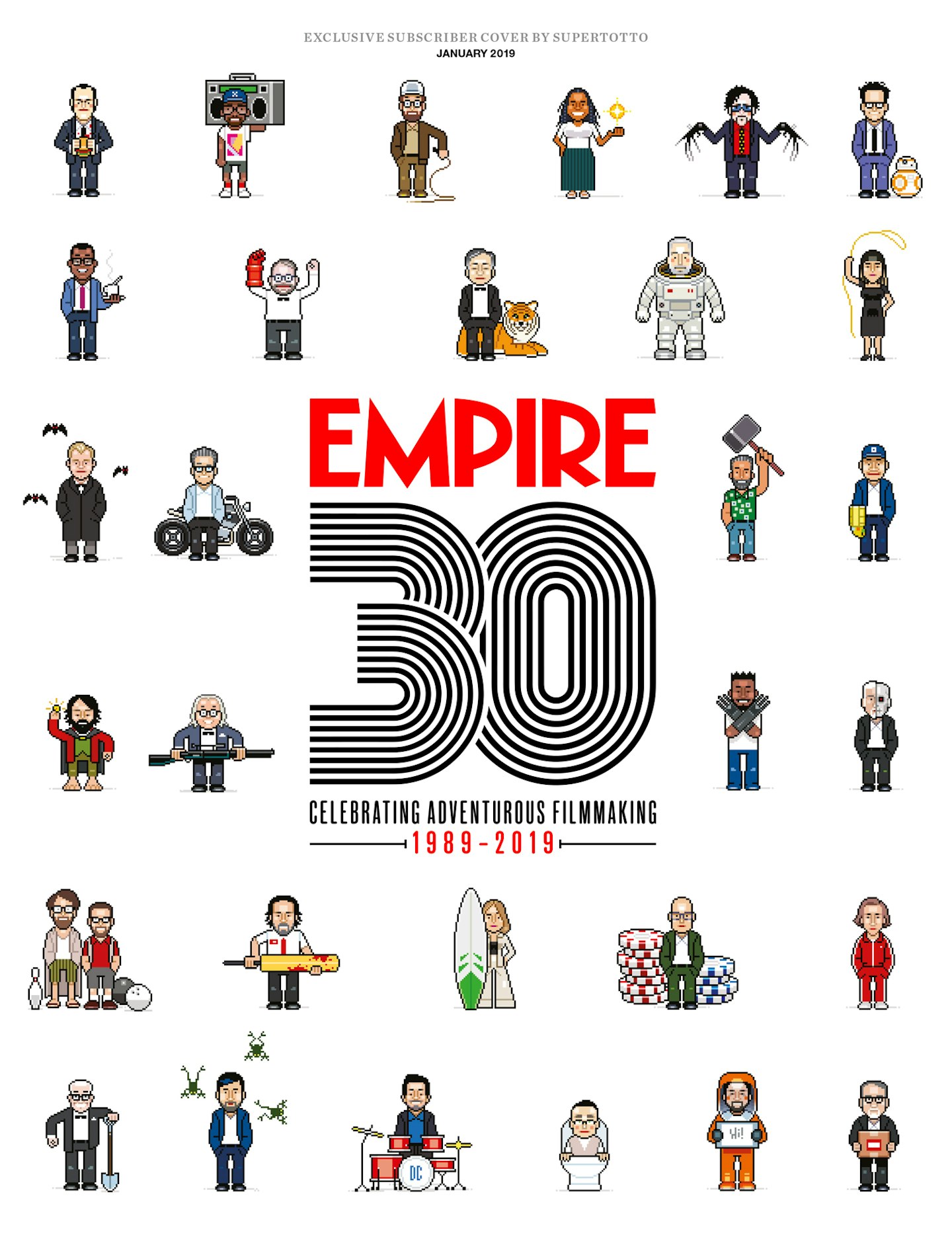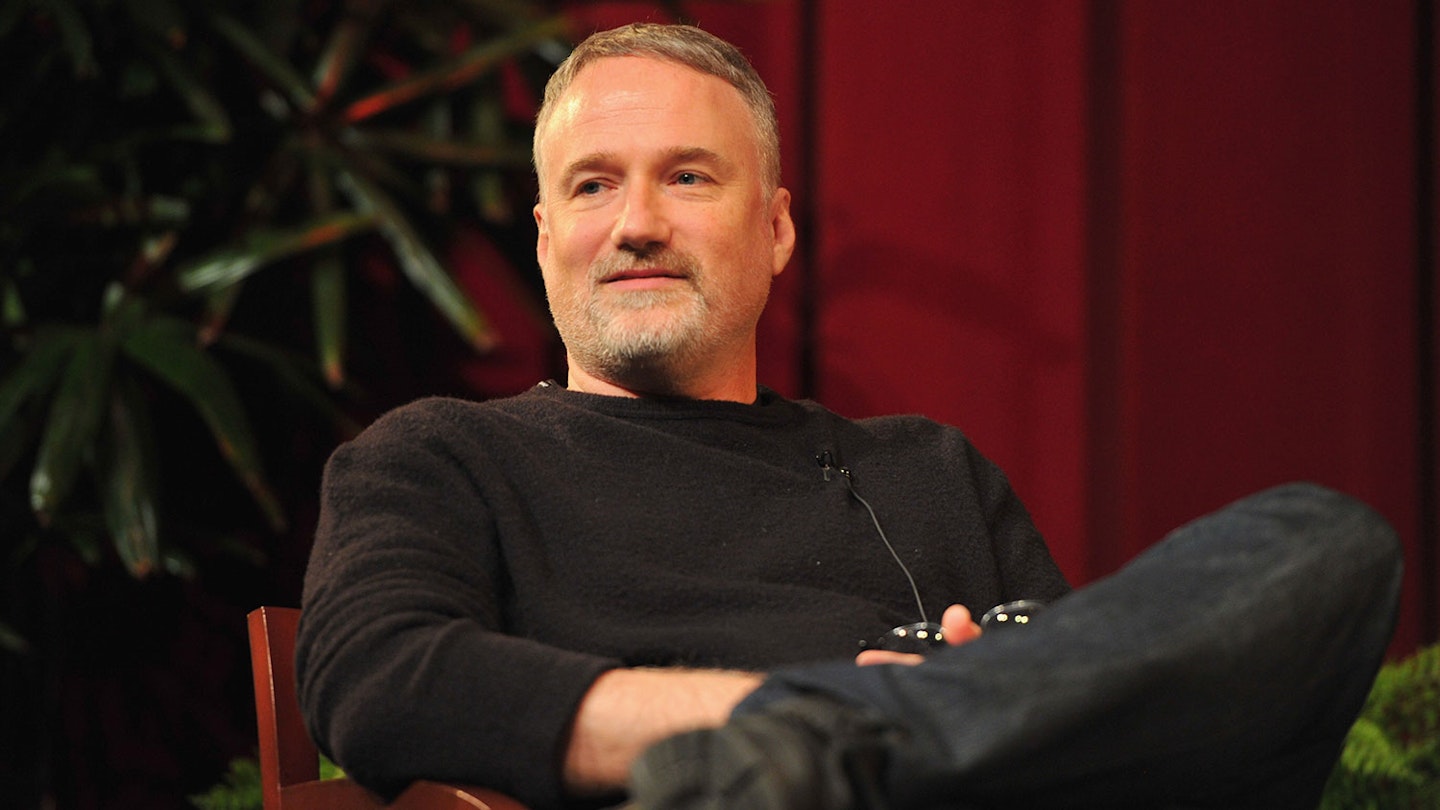As part of our Empire 30 celebrations, we presented your reader questions to filmmaker David Fincher. Originally published in the December 2019 issue of Empire.
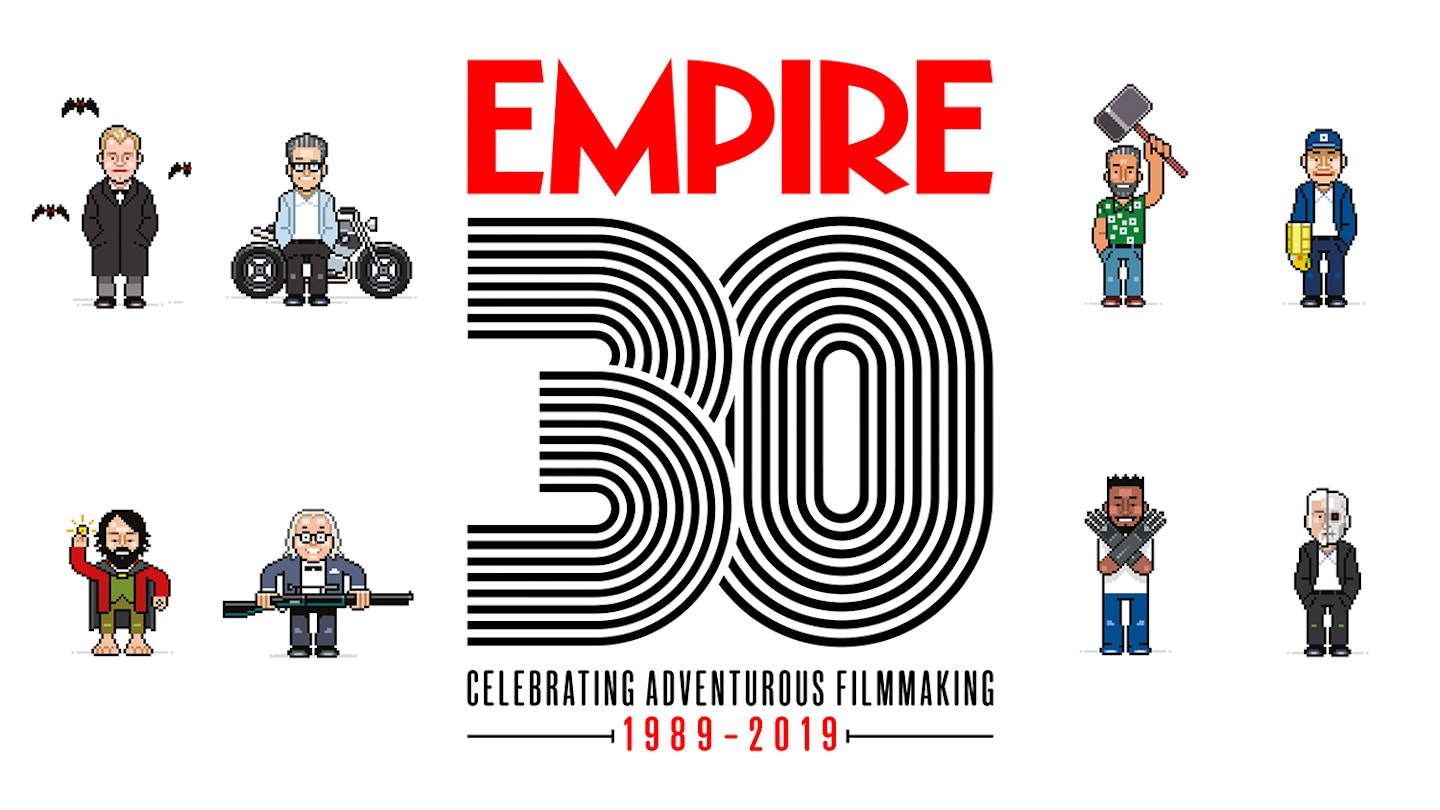
What is your biggest pet peeve on set? – Matt Williams
I think it’s hard for people to understand how little, incidental conversation just takes away from focus. Everybody just goes into pause mode instead of record mode. Also, when you shoot a lot of takes, as people do stuff repetitively, you see in your peripheral vision people go to their iPhones. Might be the iPhone on set — biggest pet peeve.
If you could remake any film in history, which would it be? – Paul Leach
I never thought about it. I mean, there are some films I feel like, “That was a great two-thirds of an idea and it didn’t stick the landing.” Some of those films I’ve actually made.
Whatever happened to your Arthur C. Clarke project Rendezvous With Rama? – Steve Dempster
It was a gigantic, expensive movie that didn’t have any toys. There were no amusement-park rides that could be gleaned from it.
Who has been your main inspiration as a film director? – Jane Bass
So many. Obviously George Roy Hill, Alfred Hitchcock, Roman Polanski, Steven Spielberg, Alan Pakula and Bob Fosse. All the normal greats. Hal Ashby. All the people that you would guess.
Which emerging filmmakers do you admire and why? – Dylan John
There’s a lot. When you’re 12 years old and you haven’t seen 3,000 movies, you’re susceptible to the thing that’s going on that’s narratively essential. Then at a certain point you’ve seen so many stories that you can kind of go, “I have an idea where this is headed.” I think what’s interesting about emerging filmmakers is you thought you’d seen every approach to the dive, you thought you’d seen every set-up, and then you see something new. But I don’t wanna name any names ’cause then you get into that whole, “Why didn’t you say me?”
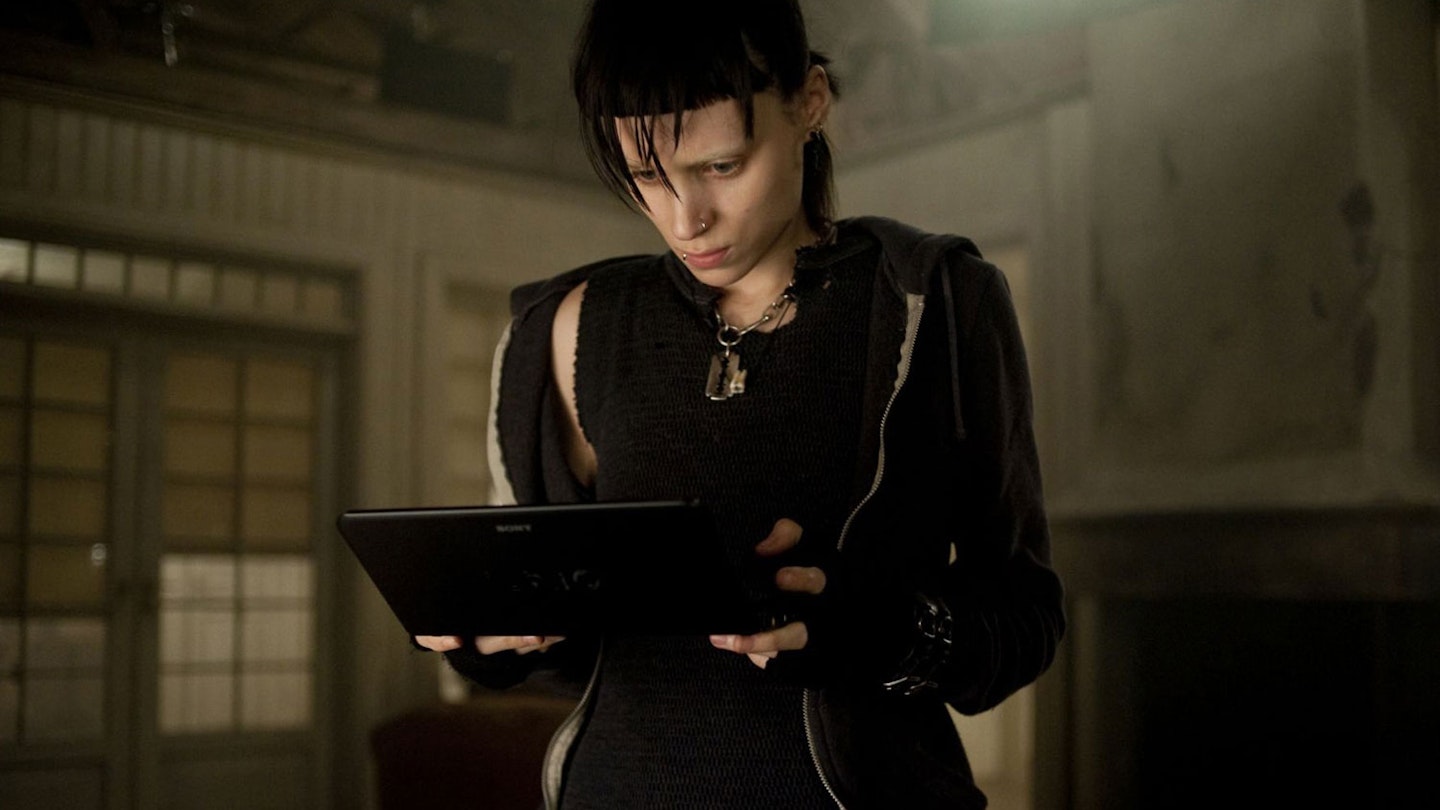
From Kristen Stewart to Rooney Mara and Jonathan Groff, you’ve given leading roles to relatively little-known actors, who have excelled. What do you look for? – Matthew Hope
I look for actors who are ready to go to work. And I like actors who are curious and wanna try stuff. All three of these people had done it before. Kristen Stewart, I think that [Panic Room] was her second movie. And I’d already worked with Rooney [on The Social Network before The Girl With The Dragon Tattoo]. Jonathan was just somebody that I’d seen audition [for Sean Parker in The Social Network] and was like, “I can’t let him get away twice.” But mostly you’re looking for somebody who wants to be there and wants to work to unwrap something. I mean, there are definitely actors that you cast for a role where you know what you’re gonna get. You know, I’m hiring this guy because he brings this and the audience has an understanding of what to expect from them and I can either play into that or I can play against that. But casting younger actors is always fun. With The Social Network there was no expectation that we had to put together the Ocean’s Eleven cast. We could just go and get fabulous, fresh-faced enthusiasts that wanted to be there. As I get older I find myself being drawn to people that I’m rooting for, people that I want to see succeed. That’s certainly the case with those three names.
I love the opening credits to Seven. What’s your favourite opening-credits sequence of all time? – Neil Renton
Well, Seven’s one of them. Alien, probably. The early [Richard] Greenberg stuff. Butch Cassidy And The Sundance Kid has a great opening-title sequence that was never intended to be the title sequence. To start something with the silent-movie version and then to go into the reclaiming of the American Western, but also kind of the first buddy movie, I gotta say that’s a pretty great one. And all the Hitchcock stuff is pretty amazing.
Given your involvement in House Of Cards and Mindhunter, which of your films do you think would make a great TV series and why? – Ian Hunter
I suppose Mindhunter is an extension of a lot of the thinking about what makes a scene, or what makes drama, that I had about Zodiac. In trying to take something that probably would’ve been a pretty good five-hour movie and get it down to two hours and 45 minutes, we kind of made it too long on one hand and not deep enough on another. I think the criteria for me is if something is very narratively focused it’s probably good, fertile ground for growing a movie. And if something is much more about getting to know the people and seeing their hypocrisies and foibles and strengths and weaknesses, then probably television. I mean... perhaps Fight Club. I think Chuck Palahniuk’s characters are so rich and dense and layered and faceted. Certainly 80 per cent of his other writings would make amazing mini-series, if nothing else.
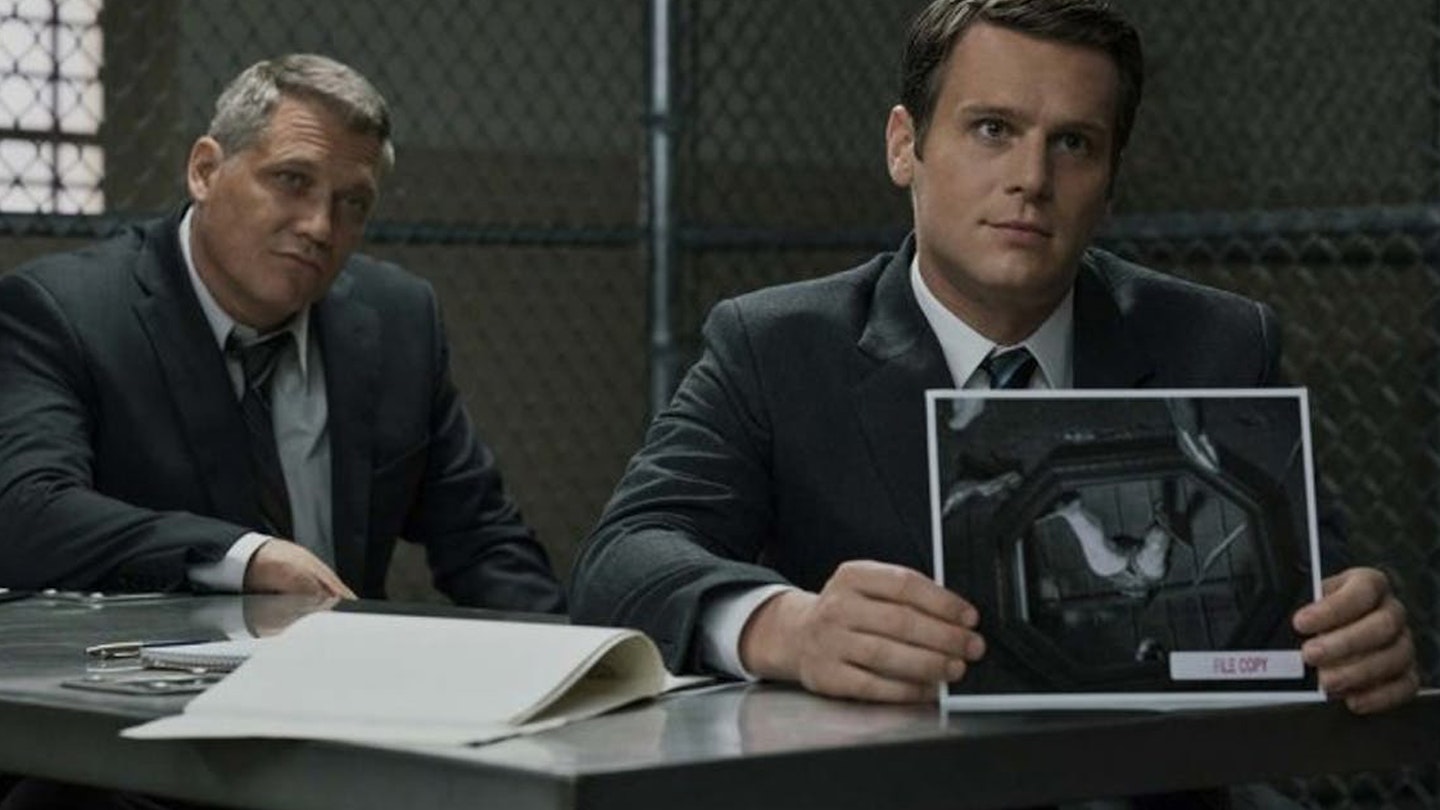
I think your style would really suit a James Bond film. Is it something you’ve ever considered or been offered before? – Scott Hunt
I talked about doing a James Bond movie. I think it was in and around GoldenEye. But, no, I don’t think I would flourish in that environment.
As most of your films have a darkly comedic edge, have you ever considered making an out-and-out comedy? – Mark Williams
No, not an out-and-out comedy. I think that when you’re making films that have a lot of… depravity, and are about serious subjects, you have to temper that. I mean, Fight Club is satire and Gone Girl is satire, so the comic side of that is not one of necessarily going, “Wah-wah-wahhh.” You’re not doling out jokes. So if that’s what you mean by out-and-out comedy, no. I mean, I would love to read a script of Being There, had it not been made, and make something like that. But I guess that’s satire, too. I find a lot of comedy, with air quotes, to be a little obsequious.
Of all the musicians you shot videos with, whose life would make the most interesting movie? (Surely Johnny Hates Jazz will be your top choice!) – Matthew Cavill
Matt, you slay. I don’t know. I mean, Iggy Pop for sure would be one. Kevin Hunter [of the band Wire Train] is pretty interesting, too. I wonder what he’s doing? But, no, I don’t know that Johnny Hates Jazz would be my top choice…
Can we please get a David Fincher Star Wars or MCU movie? – Matthew Rouse
Yeah, can we?
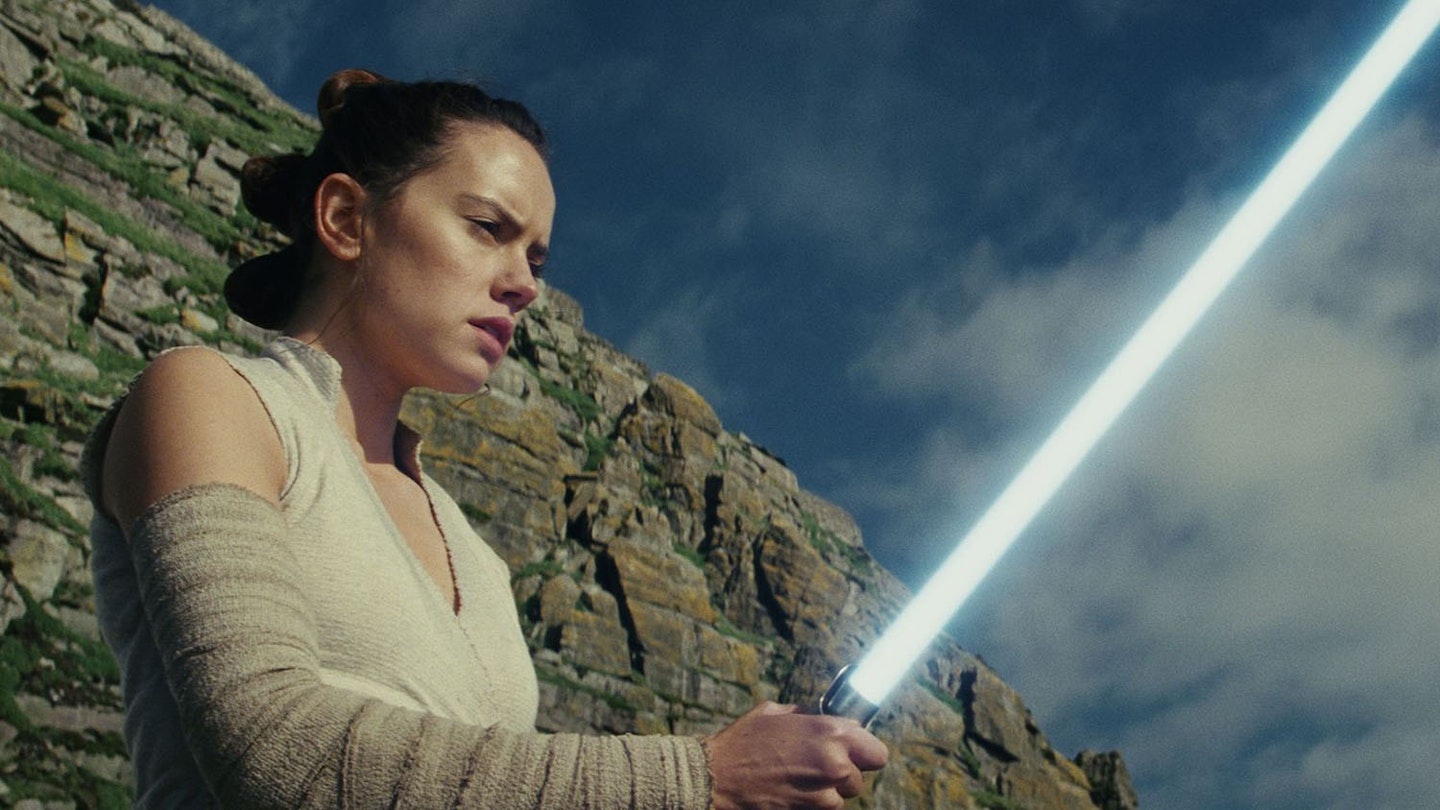
How do you feel about the current studio climate where the mid-budget films you’re famous for are now so difficult to get made? – James Steele
They have never been easy to get made. I don’t think that for so many years it was knees akimbo to get your weird $60 million dramas made. What Netflix has made possible is for people to still give attention to things that are in the $30-$50 million range, instead of just splitting the world down the middle, between a $200-million or $14-million movie. I like enough money to get into trouble and not enough money that you get hurt if it doesn’t do $60 million its opening weekend.
What is it about shorts and music videos that continues to interest you? – Josh Crawford
I think whenever you are tested to come up with something that’s sort of cogent and arresting, it’s a great way to work on your backhand.
Fairly early in your career the term ‘Fincher-esque’ was coined. Has that ever felt limiting, in terms of audience and critic expectations of you? – Alex Richardson
‘Fincher-esque’ makes me a little queasy. Although I think it’s a good thing to have an audience have some expectation of you because it gives you opportunities to subvert that. When you’re making a movie like Gone Girl, it’s not a bad thing that people have seen Seven and know that shit can go seriously off the rails. The threat of that is actually kind of positive. You get to play with expectations. It’s your responsibility to be aware of that and use it to your advantage, as opposed to letting it get in the way of the story you’re trying to tell.
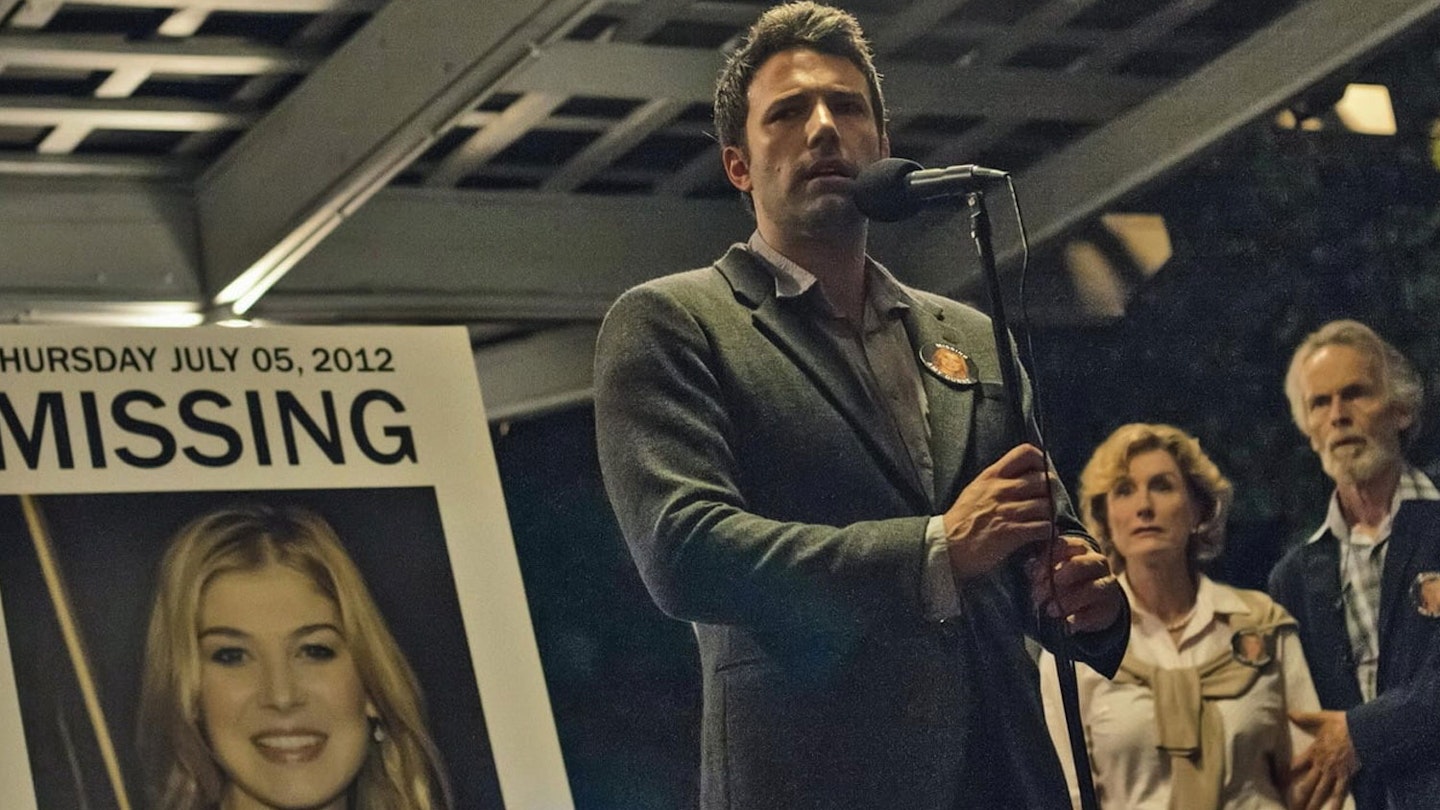
FBI agent Holden Ford, Jonathan Groff’s character in Mindhunter, can be a bit of a prick — is making a show around an awkward character a challenge? – Ben Steiner
Is he a prick? He’s sometimes a bit of a prick but I also relate to him and to the times when he protects himself or I can see his hubris. We play with that a lot. But I don’t think of him as a prick — I think of him as young, you know? He’s not an awkward character, he’s a character who has awkward moments. But he also has moments where he’s wildly articulate and fires up people to make changes. So I think he’s an engaging, not heroic, character, but an interesting character to follow.
Given you made The Social Network — about basically the most awful comparison tool in existence — do you ever compare yourself to other people, professionally or personally? – Michael Miles
No. It’s just gonna make me depressed.
